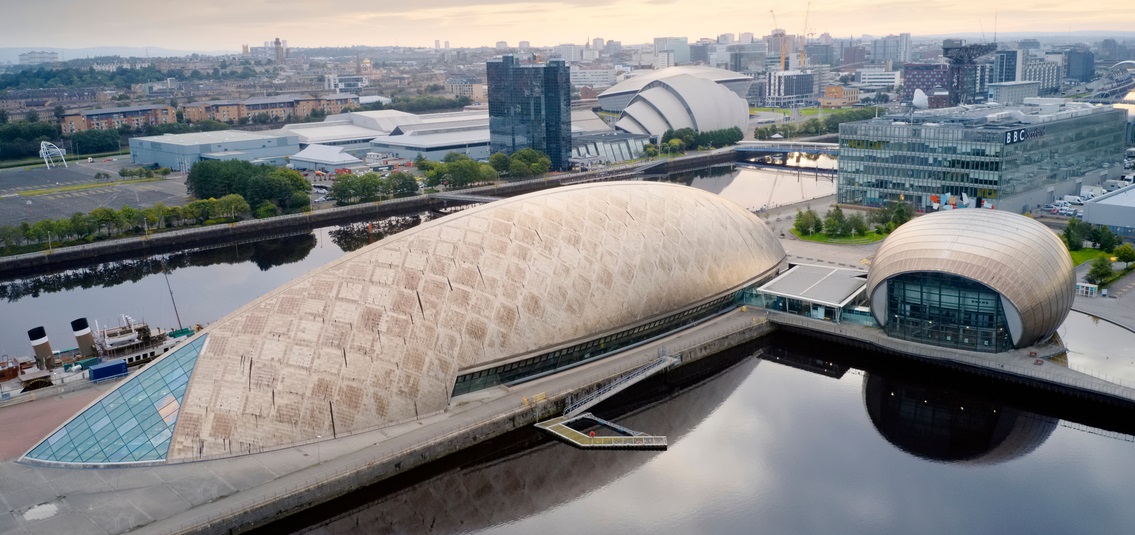At first sight, the coronavirus pandemic has weakened the move towards the circular economy. As Matt Appleby, director at Matt Appleby Consulting and former director, Business in the Community Cymru, points out, “more people [are] using single-use plastics for hygiene reasons and more car journeys are replacing public transport use”. He adds: “One of the biggest impacts is simply the amount of focus that it has taken – if businesses are fighting to survive, there’s little room for anything else. Add to that increased pressure on costs and cash, sometimes a reduction in staff numbers, a negative economic outlook and there’s not a lot of headspace.”
But Appleby is optimistic for one key reason. “Covid has prompted a global conversation about building back better and has given us pause to reflect on the type of society we want to return to,” he says. “And consumers are reconnecting with local businesses, showing a greater appreciation for nature and caring more about where they spend their money and the impact that it has.” All this, Appleby explains, “creates a platform of positive opportunities for businesses to embrace greater circularity”.
Increasing uptake
“There are opportunities to save – through more efficient processes, lower energy/resources costs and higher-value customer relationships,” says Appleby. “But savings may be longer term and require upfront investment. It can be a good idea to look across the potential savings and identify those that will give a quick return to help support the case for investment in longer-term solutions.”
Making the circular economy part of your DNA is also an opportunity to win business. Appleby adds: “Customers are increasingly looking to spend their money with companies offering sustainable, ethical and responsible products and services. Plus, staff and suppliers want to work with businesses they trust and who share their values.” This, in turn, enhances the brand.
Less waste, more innovation
The Ellen MacArthur Foundation was established to accelerate the transition to a circular economy. “Designing out waste allows companies to save money on input costs,” says Joe Murphy, network lead at the foundation. “For example, Winnow offers a service to professional kitchens that helps them save money on ingredients through smarter menu design.” This uses AI-powered software linked to a camera that identifies food waste thrown into a bin on scales – and also captures the volume and weight of the waste. “This data is then fed back to chefs who can optimise menu design, adds Murphy.
Another way to think about financial benefits, explains Murphy, is “by looking for ‘waste equals food’ opportunities, where existing waste streams from one process act as feedstock for another”. He adds that in these symbiotic relationships “raw material inputs often come at low cost, or no cost at all, because the cost of disposal is avoided”.
Tapping into the business ecosystem
“Leasing rather than selling means you do not need to pay for raw materials or components,” Murphy continues. “Instead, your costs shift to reverse logistics and processing repairs or remanufacture. On the revenue side, leasing and not selling allows you to generate multiple revenue streams from the same underlying product.”

